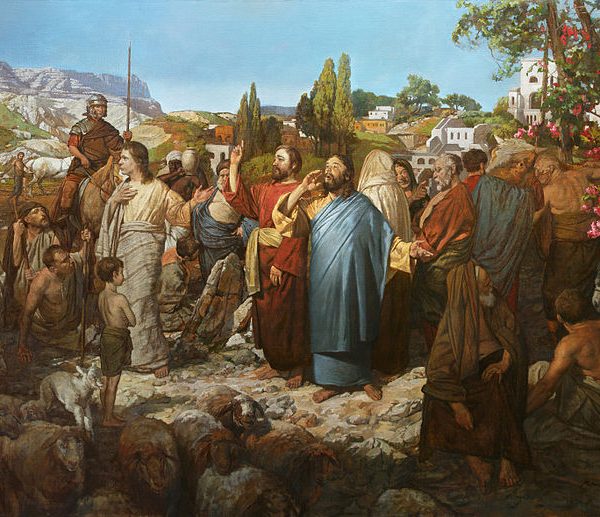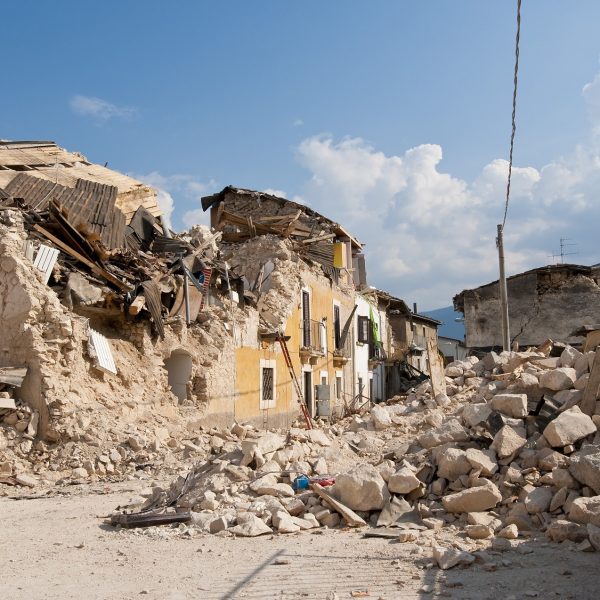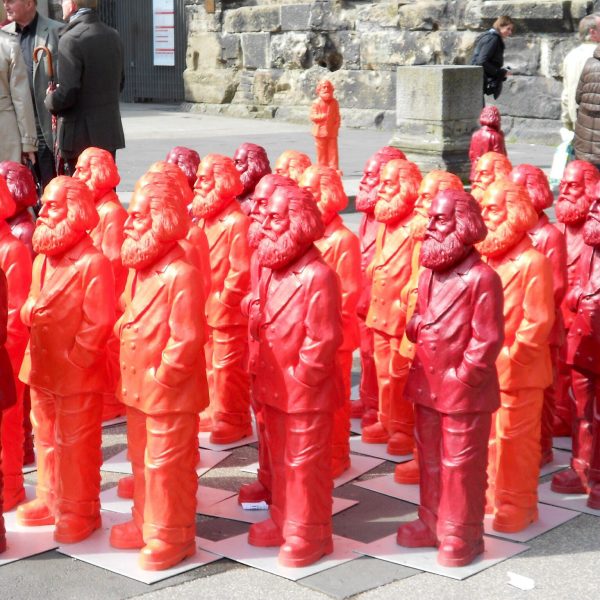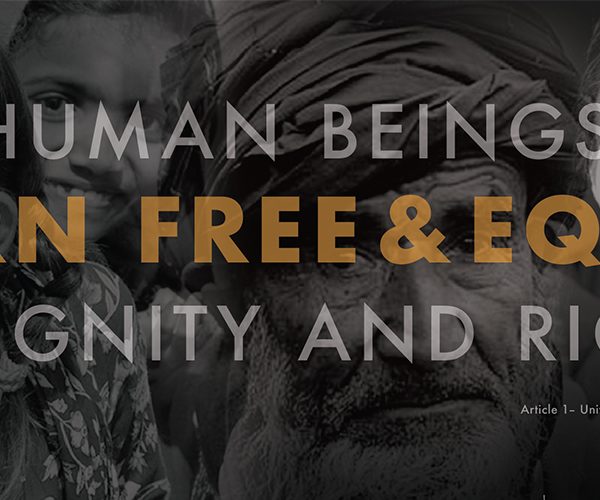
Jesus does not command those with privilege to make space at their tables, to give a portion of their excess to charities, or to invite a disadvantaged neighbor to join the feast. No, Jesus invites those with privilege to put off their privilege, and then to use the excess that their privilege has still provided to feed not their fellow privileged friends, but those who are most in need.

My point is that in addition to being annoyingly Eurocentric, the discourse of political theology focuses more on administrators and theorists of the modern State than the victims of State.

Is it the case that the European political theology is indeed derived, not from the universal requirements of any sovereign order (as Schmitt sometimes claimed), but rather from specific Christian underpinnings? Or is it the case that a fundamentally similar political ideology, one which depends on the logic of sovereignty rather than on parochial cultural assumptions, can indeed be found elsewhere?

The field has often shown a Eurocentric bias…As such, the field has left out important reflections on political theology during the anticolonial and postcolonial struggles in the Global South.

Faith is an enacted practice we live into through our whole selves, continuously laying our souls and bodies bare and vulnerable before the unknown. The consequences of this are thoroughgoing, touching every single aspect of our lives and making demands on both our loyalties and our activities in the world.

True ritual is a searching indictment of all injustice, a corrective for it, and a model for righteous behavior. Presenting ourselves before God in our ceremonies, we invite his inspection of the entirety of our lives; recognizing this fact, we must comport ourselves accordingly in all that we do. Civil religion and cultural religiosity will betray all those who put their hope in them.



